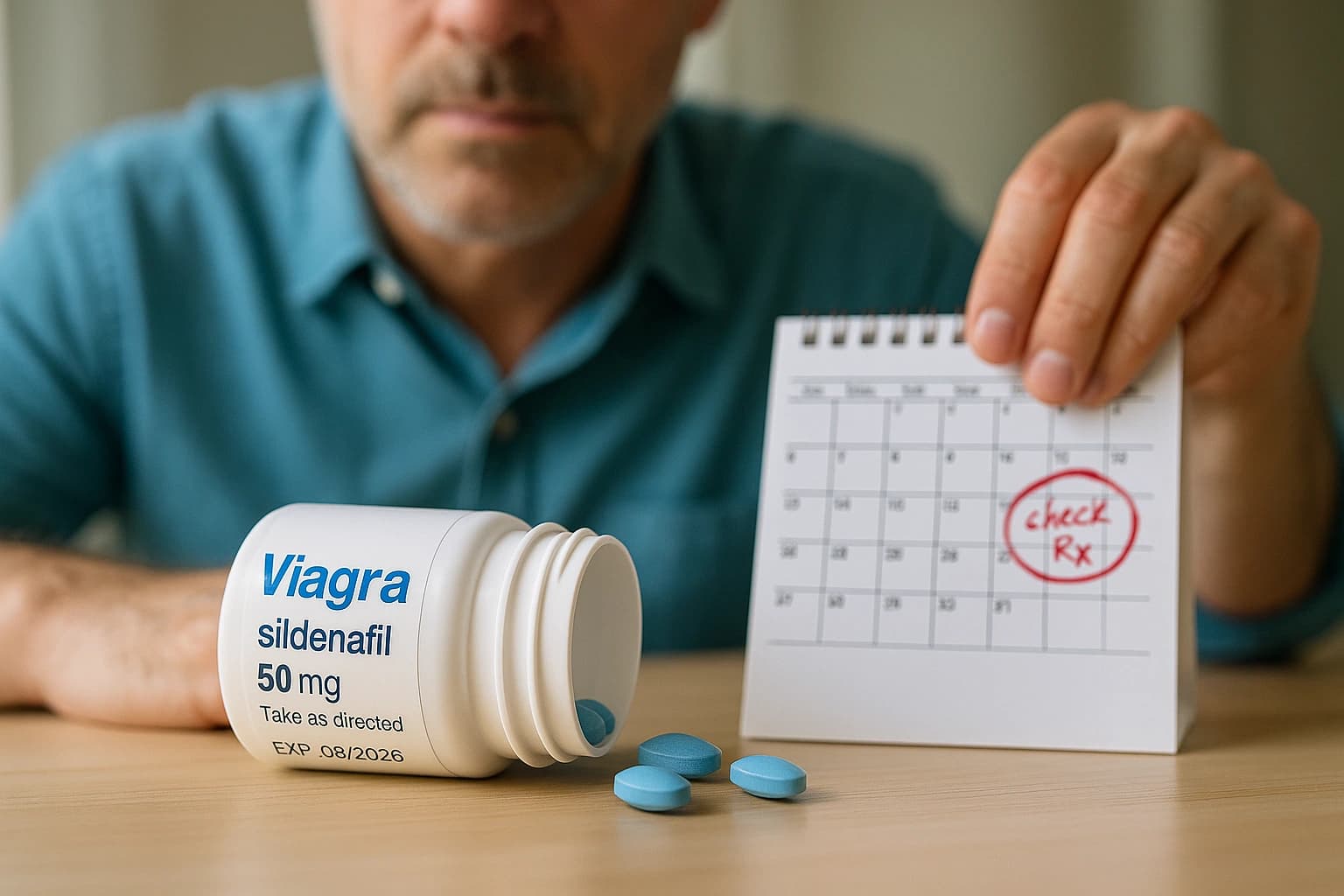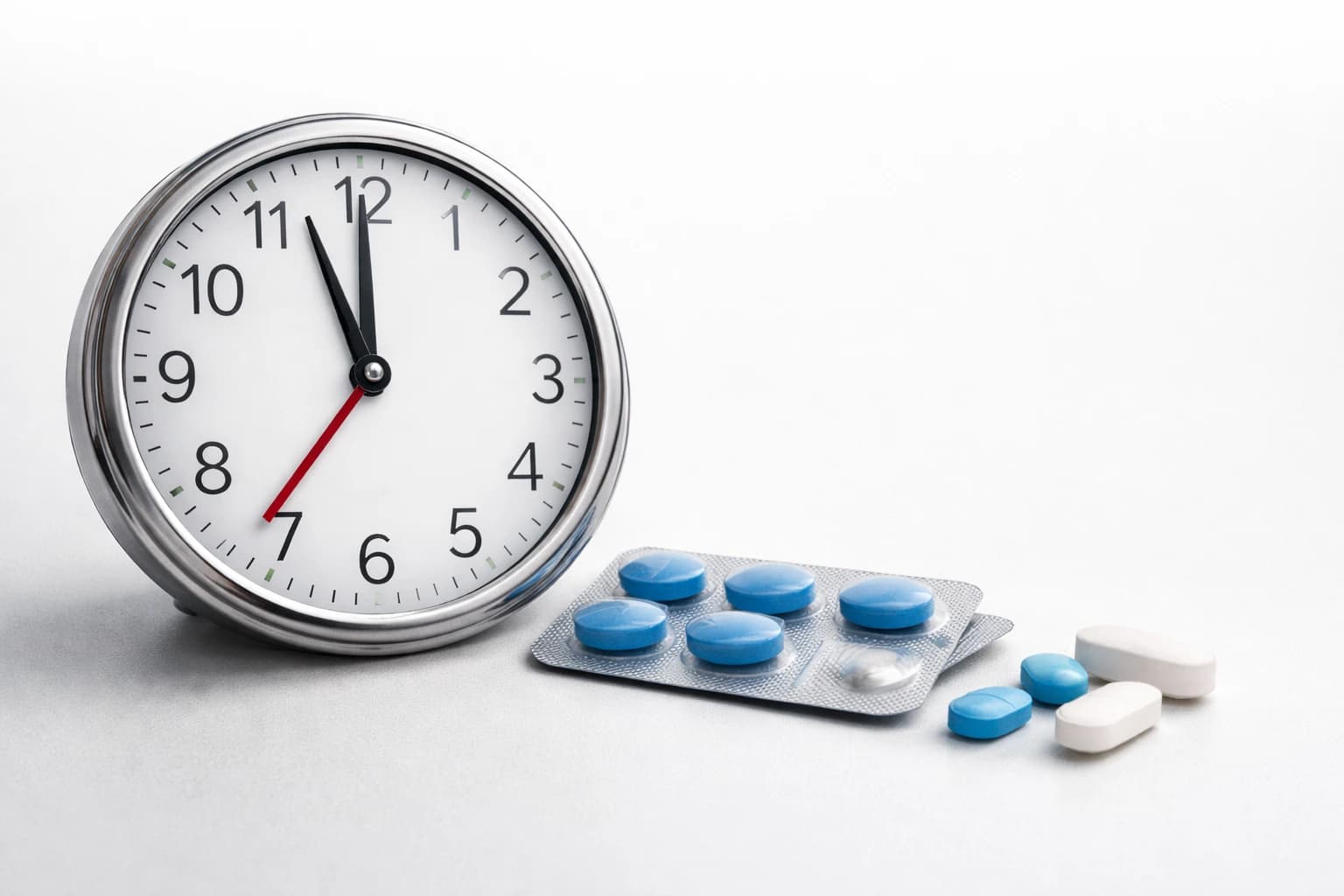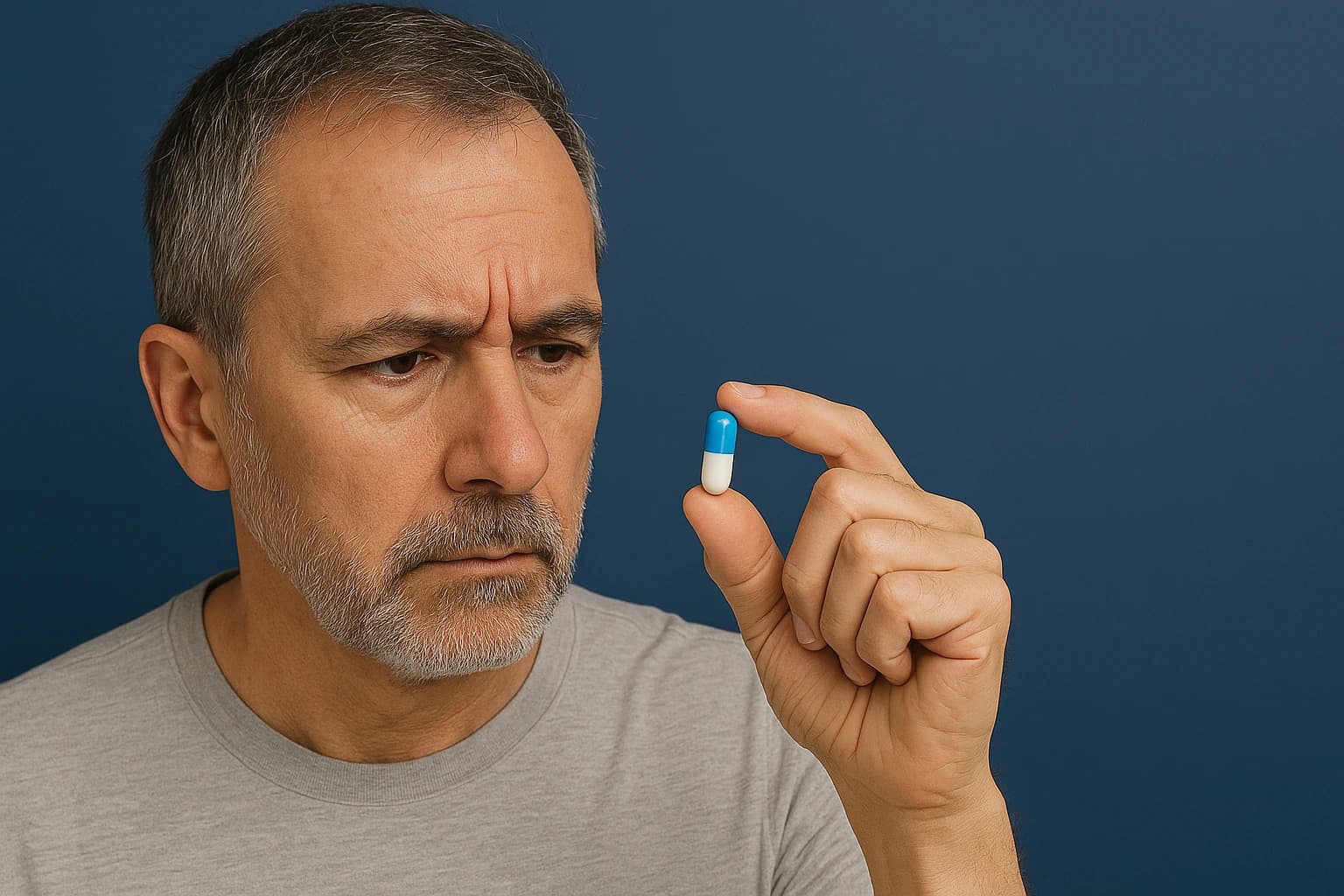What Expiration Dates on ED Medicines Actually Mean
Every prescription medicine in the U.S. has to carry an expiration date, and that date is the manufacturer’s promise to the FDA that the drug will keep its labeled strength and safety up to that point when it’s stored correctly, as explained by the U.S. Food and Drug Administration. After the printed date, the company and the regulator stop guaranteeing full potency — not because the tablet suddenly becomes dangerous that day, but because they haven’t committed to data beyond it.
For sildenafil (the active ingredient in Viagra), stability testing usually supports about 24 months in a sealed container at room temperature. Once a pharmacy opens a large stock bottle and repackages the tablets into your small amber vial, real-life storage (bathroom moisture, temperature swings) becomes less predictable, which is why pharmacies often set a 1-year use-by date. Patient guidance on storage from MedlinePlus says to keep sildenafil in its original container, tightly closed, and at room temperature, which is another way of saying that how you store it matters just as much as the date on the label.



